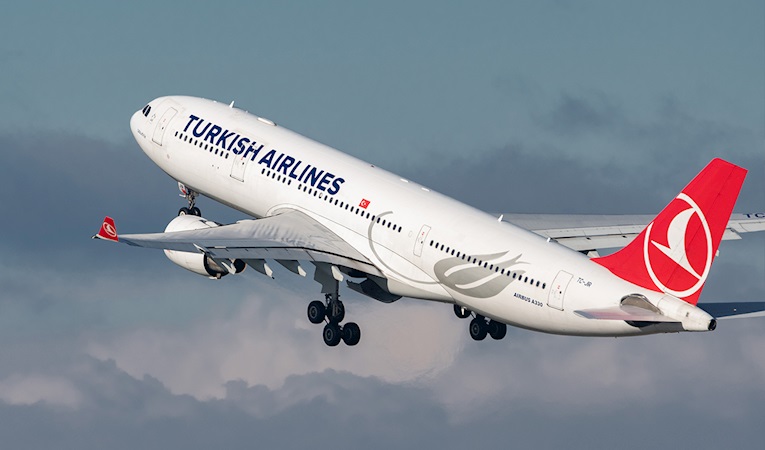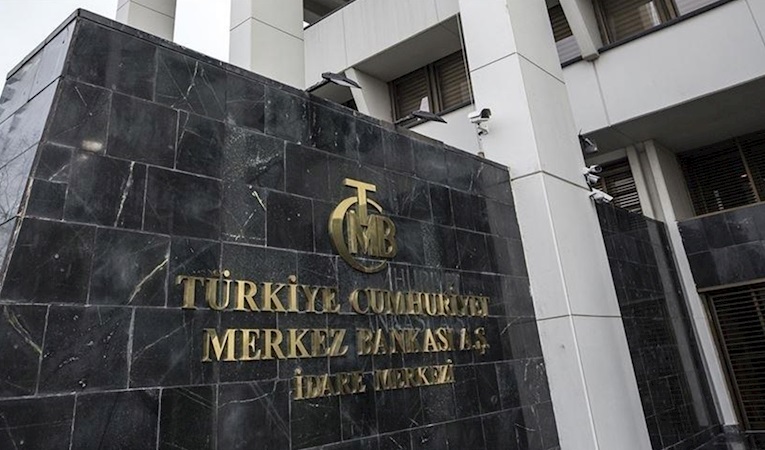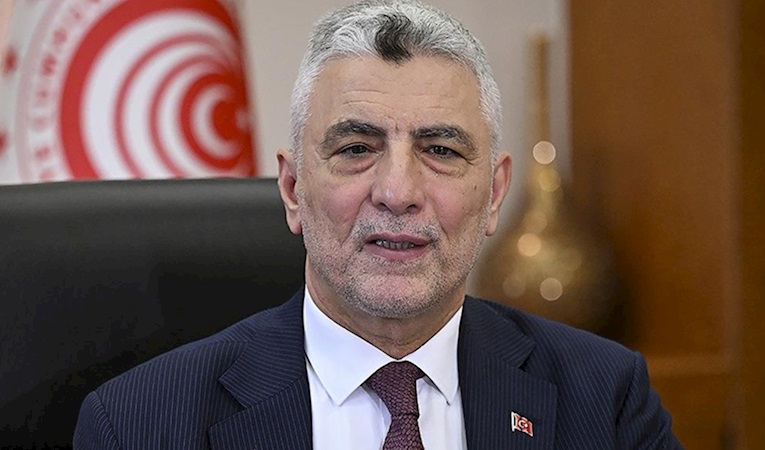
-
BIST 100
 12087,97%0,49En Düşük11907,78En Yüksek12152,59
12087,97%0,49En Düşük11907,78En Yüksek12152,59 -
DOLAR
 43,05%0,03Alış43,0446Satış43,0493En Yüksek43,0654
43,05%0,03Alış43,0446Satış43,0493En Yüksek43,0654 -
EURO
 50,35%0,11Alış50,3487Satış50,3562En Yüksek50,4181
50,35%0,11Alış50,3487Satış50,3562En Yüksek50,4181 -
EUR/USD
 1,17%-0,07Alış1,1671Satış1,1672En Yüksek1,1686
1,17%-0,07Alış1,1671Satış1,1672En Yüksek1,1686 -
ALTIN
 6153,93%-0,10Alış6153,76Satış6154,10En Yüksek6180,72
6153,93%-0,10Alış6153,76Satış6154,10En Yüksek6180,72
-
BIST 100
 12087,97%0,49En Düşük11907,78En Yüksek12152,59
12087,97%0,49En Düşük11907,78En Yüksek12152,59 -
DOLAR
 43,05%0,03Alış43,0446Satış43,0493En Yüksek43,0654
43,05%0,03Alış43,0446Satış43,0493En Yüksek43,0654 -
EURO
 50,35%0,11Alış50,3487Satış50,3562En Yüksek50,4181
50,35%0,11Alış50,3487Satış50,3562En Yüksek50,4181 -
EUR/USD
 1,17%-0,07Alış1,1671Satış1,1672En Yüksek1,1686
1,17%-0,07Alış1,1671Satış1,1672En Yüksek1,1686 -
ALTIN
 6153,93%-0,10Alış6153,76Satış6154,10En Yüksek6180,72
6153,93%-0,10Alış6153,76Satış6154,10En Yüksek6180,72
- Anasayfa
- Haberler
- Tüm Haberler
- Ceos’ 2008 Profile
Ceos’ 2008 Profile
What is on Turkish CEOs’ agenda? What the subjects which they are prioritizing and focusing on? Are they, like the rest of the world, interested in the threat from China or do the names of other co...
What is on Turkish CEOs’ agenda? What the subjects which they are prioritizing and focusing on? Are they, like the rest of the world, interested in the threat from China or do the names of other countries appear in their diaries? Capital’s traditional survey “CEO Profile 2008” provides answers not only to these but to many more questions. It is the first survey of its kind and was conducted amongst members of the Capital CEO Club. In one way, the survey, in which 156 participants took part, reveals the Turkish business community’s agenda in 2008.
In fact, the issues on the agendas of people in every part of the business community are the same: the size of the crisis which started in the USA, the fluctuations in the price of oil, the increase in costs in different sectors, the Iraq war and tensions in the Caucasus... These topics are being discussed throughout the world, whatever the country. The agenda of the CEOs who manage Turkey’s giant companies is no different. Even if their relative importance varies, these topics constitute the most pressing issues on their agendas.
In fact, the CEOs’ agendas always attract curiosity and interest. Ultimately, as they manage giant companies, they are also in a sense deciding the direction of the economy. For this reason, they are monitored and followed closely. But in the past the number of surveys of the executives at giant companies that were conducted was extremely limited. And these surveys focused on just one or two issues.

Seeing this gap, in 2006 Capital conducted its first survey to reveal the profile of Turkey’s CEOs. This year’s “CEO Profile 2008” survey is the third of its kind and was conducted with seleted members of the CEO Club, which was created by Capital and Ekonomist magazines. 156 CEOs answered all kinds of questions about things related to them. The survey, which is still the only one of its kind in Turkey, is also important because for the last three years it has tended to address the same kinds of issues. As a result, it is possible to see clear changes in the provinces in which the CEOs want to invest, those countries which they regard as a global risk and the issues on their agendas. In addition to these questions, this year Capital expanded the survey to include new topics which have increased in importance, such as the EU harmonization laws, internal auditing and transparency. As a result, the survey is full of important messages which show how CEOs regard these issues.
Most Ceos Have A Background In Marketing
When we look at the profile of the leaders who participated in the survey, we see some interesting results:
* It is well known that most CEOs have a background in marketing. This fact has been clearly demonstrated in Capital surveys over the last three years. When we look at 2008, we see that 48.4 percent of CEOs have a background in marketing. Another 33.3 percent have a background in finance and 14 percent in production.
* Most CEOs had to wait many years before taking up their posts. The survey showed that 31.9 percent worked for 15-19 years before becoming CEO, while 25.5 percent waited 10-14 years and 21.3 percent 20-25 years.

* When we look at the sectoral distribution of the leaders we see that, as was the case last year, they are dominated by executives in finance. 14.3 percent of the leaders work in the financial sector. 11.9 percent head companies active in various branches of the automotive sector. 8.5 percent and 8.6 percent of the CEOs are in the information technology and foodstuffs sectors respectively.
* 25.8 percent of the CEOs who participated in the survey manage firms with a size of US$50-100 million. 19.4 percent run firms with a size of US$100-200 million. 19.4 percent of participants head up companies with a size of US$1 billion or more.
* 30.5 percent of the executives manage 1,000 or more employees. While 15.8 percent manage up to 100 people and 12.6 percent between 500 and 750.
The Importance Of Global Problems Has Increased
It looks as if the turbulence that has recently occurred both in Turkey and the rest of the world has changed the way CEOs look at the world. 61.9 percent of CEOs think that global instability heads the list of factors which will change the global markets over the next three years. 15.4 percent described global instability as the biggest risk factor on their agendas. Whereas, in the last two years, CEOs thought that the most important factor that would affect global markets was technological change. Changes in the prices of raw materials affect CEOs in many companies in a variety of sectors. 49.5 percent regard fluctuations in prices as one of the factors that will be most influential in the future. In fact, they ranked it second, mostly in the global risk category. In recent years, this issue has only just got into the top five. 41.2 percent believe that increasing competition will result in significant changes.
Costs Come To The Fore
* There were major changes in the most important strategic issues on the CEOs’ agendas for the next year. 66 percent of CEOs said that reducing costs was their most important strategy this year. Whereas last year it ranked fifth in their strategic priorities. The need for innovation, which was ranked first last year, was second this time and was named by 60.8 percent of the CEOS as a priority. 49.5 percent of CEOs were focused on operational efficiency.

* 42.3 percent of company CEOs plan to meet the company’s capital requirements over the next year from new customers and markets. 41.2 percent will meet their needs for capital through developing new products and services, while 35.1 percent will establish good relations with existing customers.
* There was no significant change in terms of the priorities for growth. As in the last two years, this year the CEOs are planning to concentrate on developing a growth strategy. 75.3 percent of CEOs said that they regarded this as important, while 71.1 percent thought that encouraging innovation would drive growth. 67 percent believed that managing personnel and corporate culture would have a positive impact on growth.
Şeyma Öncel Bayıksel
[email protected]
Türkiye ve dünya ekonomisine yön veren gelişmeleri yorulmadan takip edebilmek için her yeni güne haber bültenimiz “Sabah Kahvesi” ile başlamak ister misiniz?






